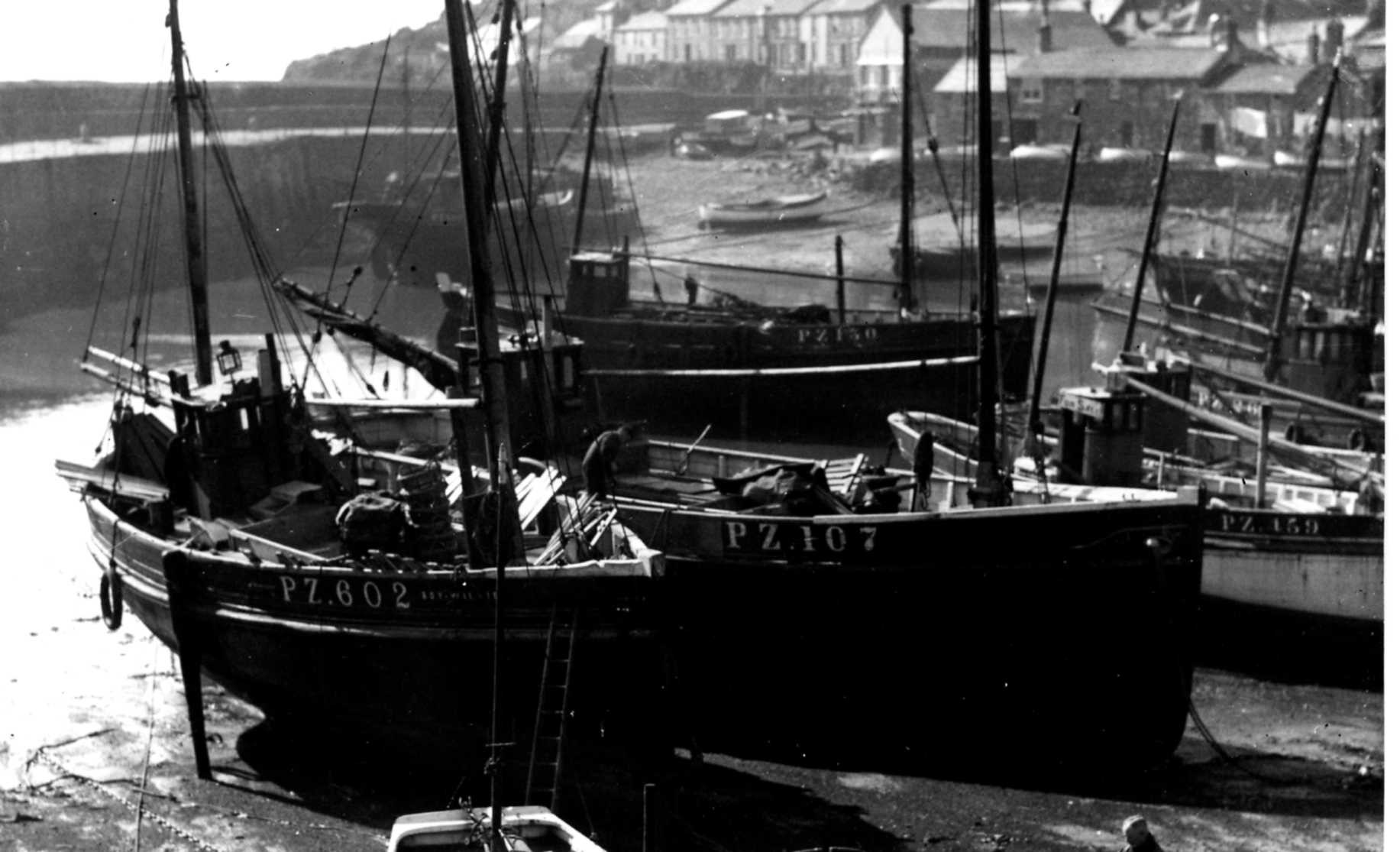Cornish sardines are here!
For several hundred years, the fishermen of Cornwall made and lost fortunes fishing for pilchards - also known as sardines...
Historically, almost all the Cornish pilchards caught were salted down, pressed and exported to Italy in wooden casks - the oil extracted was used for all sorts of purposes - and is today the main ingredient of WD40 - the ubiquity of this fish even extends to preserving human kind as an old Cornish poem embraces,
Here’s a health to the Pope,
And may he repent,
And lengthen by six months
The term of his Lent.
It’s always declared Betwixt the two poles,
There’s nothing like pilchards
For saving of souls...
and this re-worked sea shanty, based on the poem, tells the full story of pilchards from the Choir Community of this important fish in song...
The fishery virtually died out in the 1950s, then, just a handful of boats fished for pilchards in the 60s and 70s, until the late 1990s, when Cadgwith fisherman Martin Ellis teamed up with Newlyn Fish merchant Nick Howell who owned British Cured Pilchards, the last remaining pilchard pressing factory in the UK to re-introduce pilchard fishing.
 |
| Photo courtesy of the FISH Trust. |
Martin, using an old ring net from the Mousehole boat Renovelle, spent several seasons exploring the abundant shoals of pilchards in an d around Mounts bay that had remained un-fished for 40 years...
unfortunately, for reasons beautifully documented in Jed Trewin's film, Troubled Waters it was left to others to successfully develop the fishery in the early 2000s.
Under Nick Howell's visionary management, British Cured Pilchards re-invented itself as a working museum but it wasn't until Nick hit on the idea of re-branding the humble pilchard as the sardine after realising that pilchards, which had such a negative image in this country with people most strongly associating them with tinned pilchards in tomato sauce.
 |
| Photo courtesy of the FISH Trust |
Most of these were produced by a small factory, Cornwall Canners in Newlyn for Shippams...
 |
| Photo courtesy of the FISH Trust |









